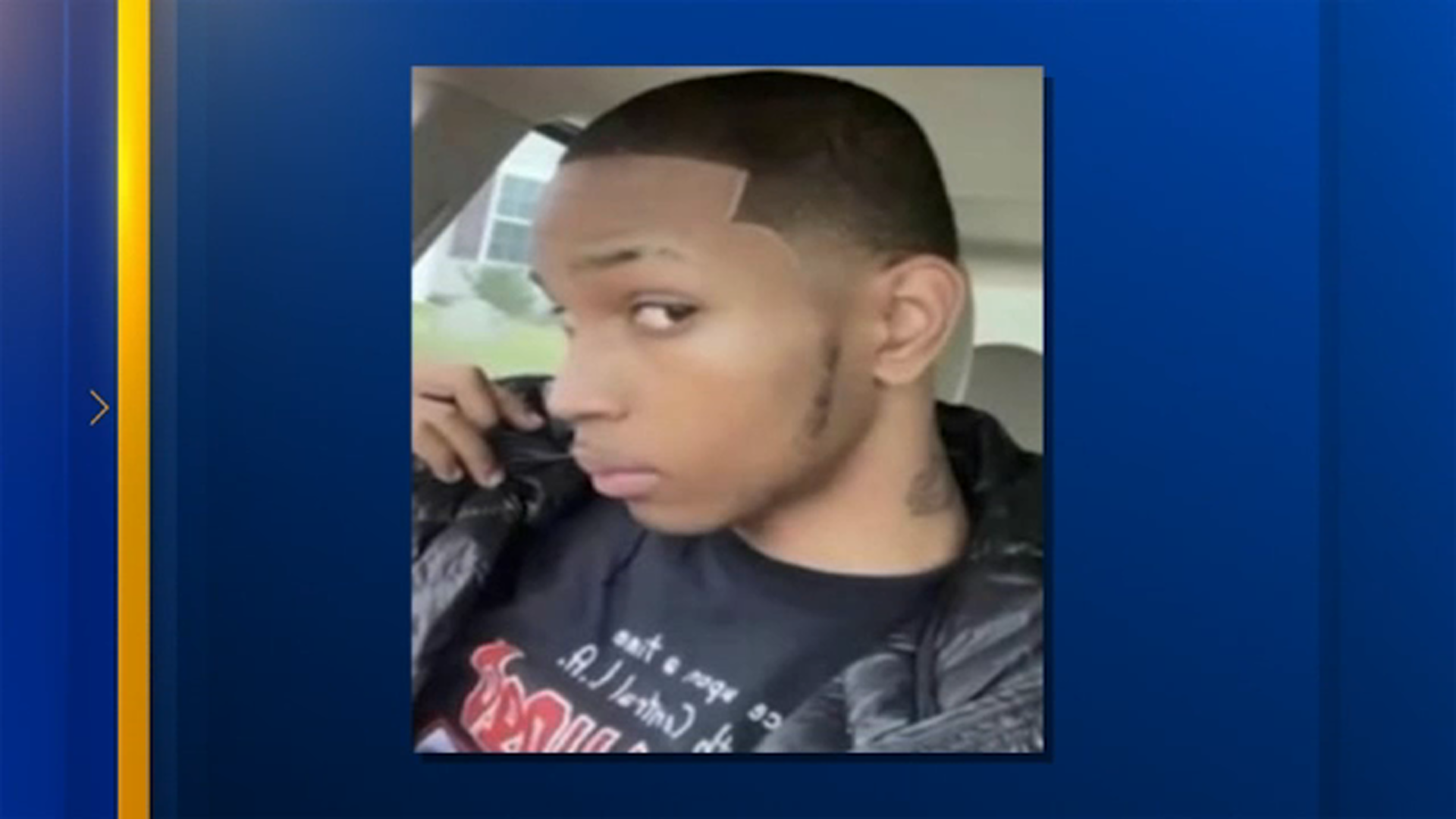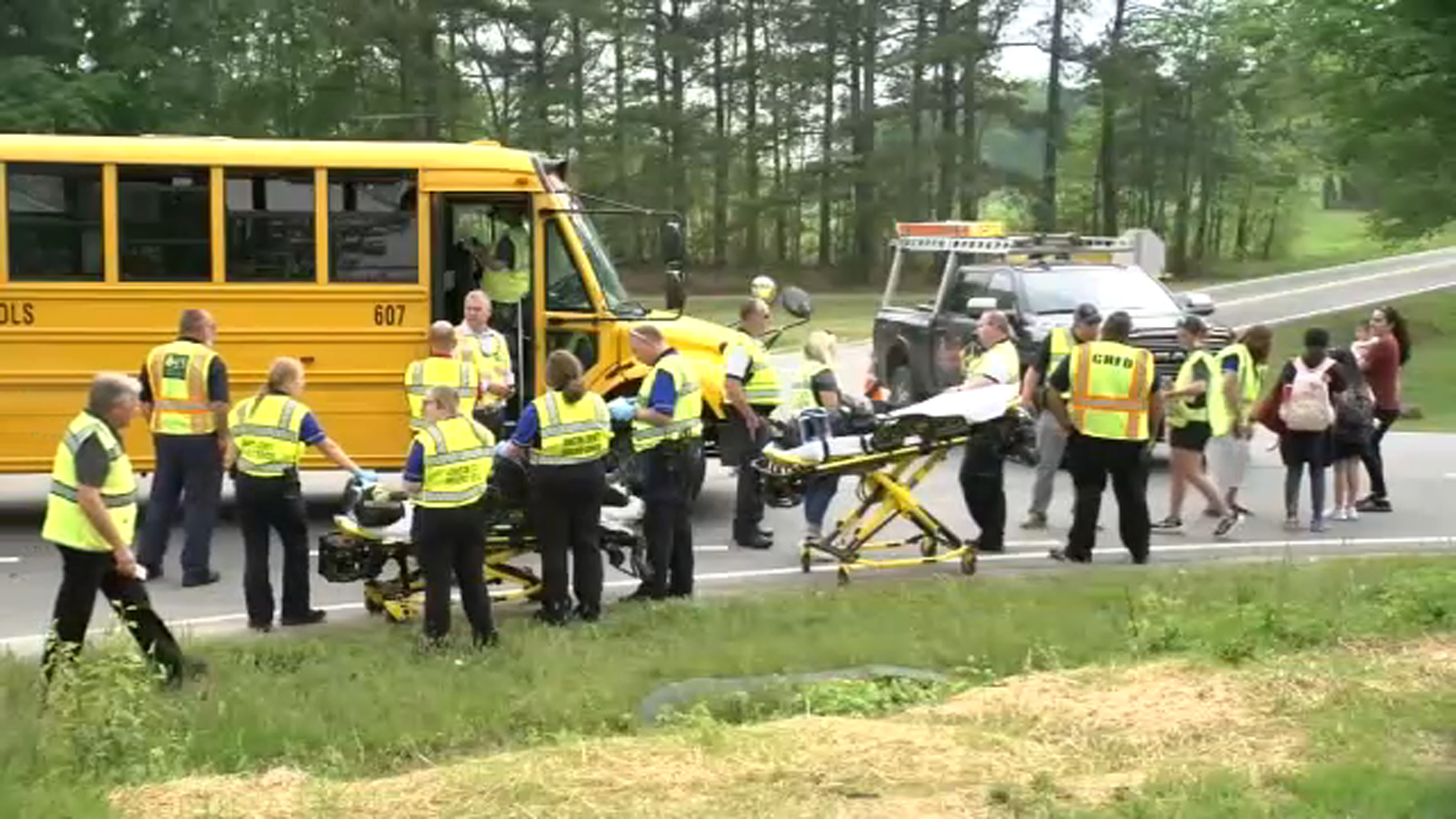Gun deaths surpass car crashes for leading traumatic cause of premature deaths


DURHAM, N.C. (WTVD) -- A new national study released this week highlights another toll of gun violence across the nation.
The study published earlier this week in the online medical journal, Trauma Surgery & Acute Care Open, found in the last few years deaths involving guns have become the leading cause of years of potential life lost or premature deaths due to trauma.
In the past, car crashes were responsible for cutting the most lives short. However, in 2018 researchers found firearms were responsible for 1.4 million years of potential lives lost, meaning if victims would have lived researchers predicted they could have collectively lived 1.4 million more years.
"This is simply unacceptable and incredibly tragic. It's tragic for the lives lost and also knowing this is preventable," said Becky Ceartas, the executive director of North Carolinians against Gun Violence.
Ceartas pointed to all the measures the country has taken to decrease car crashes including investing in research, issuing regulations and licenses.
"We don't have those things when it comes to firearms," she pointed out. "It's desperately needed that we have more research as to why people are dying by guns."
Over the last 10 years, the impact of this toll was felt the greatest in the South. Researchers reported around double the number of gun deaths in the South than the next highest region.
"We're really at a crisis right now when it comes to gun laws and gun violence," Ceartas said.
In North Carolina, guns were responsible for 69% of the homicides reported to the FBI in 2020, the latest available data. Sixty percent of homicide offenders were younger than 30 years old and 47% of the victims.
Data submitted to the FBI from the Raleigh Police Department and the Fayetteville Police Department show a majority of homicide victims in 2020 were under 30 years old. In Raleigh, a third of victims were younger than 30 years old.
"It's always gun violence happens elsewhere... that's not our place that's elsewhere but no that's here. It's in every community now," said Tony Cope, a volunteer with Moms Demand Action.
Cope said he's experienced the impacts of gun violence firsthand after surviving two active shooter situations in Apex.
"It'll wake you up," he said.
He said his experience has motivated him to do more to help the state fight back against the increase in firearm deaths, especially in the younger population.
"When did we become so numb in our country that a 13-year-old murdering his friend isn't just a profound loss? It's horrific but it's not unique, unfortunately, it happens daily, " Cope said.
Nationwide, Centers for Disease Control and Prevention data also found the younger population is more affected by gun deaths. The latest CDC data reported firearm deaths are the highest among 15-24-year-olds.
Firearm deaths include both homicides and suicides. Suicides involving guns were responsible for around three times more years of potential life lost across the U.S. from 2009 to 2018, according to the study published earlier this week.
"This is something that's often not talked about. There's a culture of shame around it," Ceartas said. "As a community, we must realize that this is happening and educate ourselves and others about when it comes to firearms, the importance of safe storage, to putting that time in between somebody having the thought of committing suicide into them being able to access that lethal means."
The study found older white men were more affected by suicide while younger Black males were impacted more by homicide. While suicides accounted for more deaths, Black male homicides cut each victim's life short by 50 years compared to 29 years for white male suicides.
While the nationwide study relied on data from 2018, the problem is still continuing to play out.
On Thursday, the Durham Police Department reported homicides throughout the city were up 35% last year. Throughout central North Carolina, reports of teenagers involved in shootings occur weekly.
Ceartas said more areas need to invest in community-based violence intervention programs to combat these incidents.
"We're looking at...perpetrators and victims becoming younger and younger. These programs really focus in on those who are most at risk for either perpetrating or becoming victims of gun violence and providing them with much-needed social services, mediating conflicts and preventing retaliation," Ceartas said.
She and others would like to see these intervention programs increase throughout the state.
"We have to give them support, we have to give them other options, other than violence," Cope said.
Cope is working with Raleigh leaders on gun violence interruption; ways to break the cycle of violence for communities before guns and incidents unfold.
"If you start offering teens positive ways in life, if you give them other options other than violence, you may not see the reduction in gun violence immediately but they'll come and you'll also see good positive outcomes," he explained.
And other than policy, he said he and other advocates are working on tackling the issue through cultural intervention or changing the way people live to fix the problem. He said easy practices to start are always locking up guns, keeping the ammunition separate, ensuring proper training and also being aware of triggers in other people and knowing when to reach out for help.








